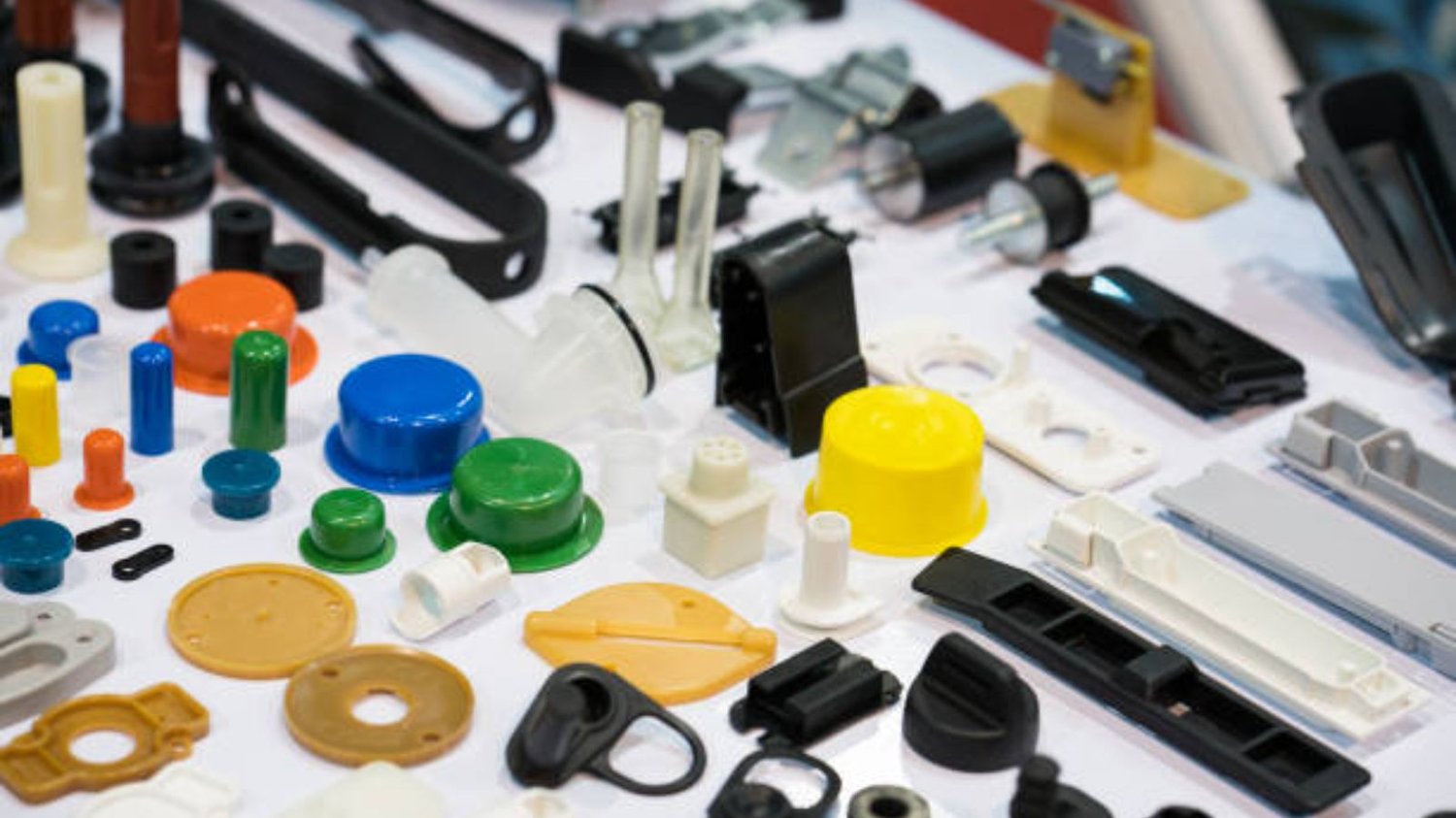The Advantages of Plastic Injection Molding for Automotive Parts
Plastic injection molding is a popular manufacturing process used to produce automotive parts. The main advantage of plastic injection molding is that it can produce complex parts with high precision and consistency. This means that automotive parts manufactured through plastic injection molding are stronger, lighter, and more durable than those produced through traditional manufacturing methods.
The Material Used in Plastic Injection Molding for Automotive Parts
The most commonly used material for plastic injection molding of automotive parts is thermoplastic. It is preferred because of its strength, durability, and resistance to temperature changes. Also, it is lightweight, which helps to reduce the overall weight of the automobile, which in turn boosts fuel efficiency. Another benefit is that thermoplastic can be recycled, making it an eco-friendly option.
The Process of Plastic Injection Molding for Automotive Parts
The plastic injection molding process takes place in several stages. Firstly, the thermoplastic material is heated until it becomes a molten liquid. Next, the molten plastic is injected into the mold under high pressure. Finally, the mold is cooled to a temperature where the plastic solidifies and takes the shape of the mold. These stages ensure precise and consistent production of automotive parts.
The Types of Automotive Parts Produced Through Plastic Injection Molding
There are many types of automotive parts manufactured through plastic injection molding. These include but are not limited to: bumpers, door handles, dashboards, interior fittings, and light housings. The flexibility of the process allows for complex geometries and intricate designs.
The Importance of Quality Control for plastic injection molding automotive parts
Quality control is crucial for plastic injection molding to ensure automotive parts meet the required standards. Quality control measures include monitoring the temperature and pressure of the molten material, proper maintenance of machinery, and regular inspection of finished parts before they are released for use.
The Cost-Efficiency of Plastic Injection Molding for Automotive Parts
Plastic injection molding is a cost-efficient method for mass producing automotive parts. The high precision and consistency of the process reduce material waste and the need for post-manufacture finishing. Additionally, the automation of the process reduces labor costs and speeds up production time.
The Application of Plastic Injection Molding for Automotive Parts in Electric Cars
Electric cars are a growing market that relies heavily on plastic injection molding for automotive parts. The lightweight and durable qualities of plastic injection-molded parts contribute to electric cars' energy efficiency and range. Plastic injection molding is also integral to the manufacturing of battery casings, wiring harnesses, and electrical connectors.
The Future of Plastic Injection Molding for Automotive Parts
There is no doubt that plastic injection molding will continue to be an essential process for manufacturing automotive parts. With technological advancements in machinery and materials, the process is becoming more streamlined, cost-efficient and sustainable. The process will continue to produce high-quality automotive parts that are strong, lightweight, and visually appealing.
The Environmental Impact of Plastic Injection Molding for Automotive Parts
Plastic injection molding has raised concerns about its environmental impact. This process uses materials that can be recycled, reducing the amount of waste generated. As technology evolves, manufacturers are looking to integrate more sustainable and eco-friendly materials into the process, reducing their overall environmental impact further.
The Factors That Affect the Cost of Plastic Injection Molding Automotive Parts
The cost of plastic injection molding automotive parts is influenced by several factors. The complexity of the part, the size of the production run, the type of material used and the required quality control measures influence the cost. Finding a manufacturer who can offer a balance between price and quality can help optimize the cost of production.

